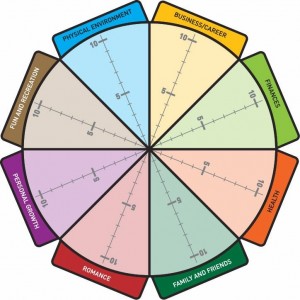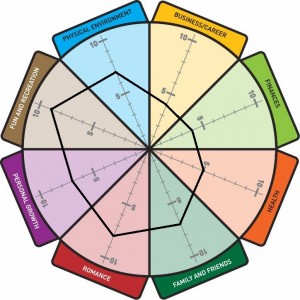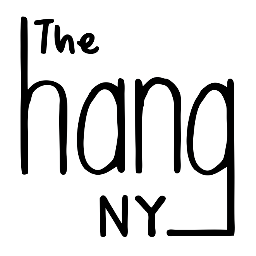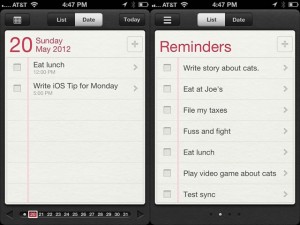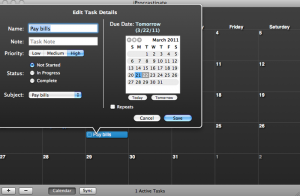What causes your sleeplessness, whether it’s your anxiety or insomnia, is insignificant. Meaning that similar to parsing out depression, the causes are multiple and interconnected; instead of aiming for individual symptoms, tackle the problem as a whole. To illustrate the point, let’s say someone has a lung disease and by consequence they develop a severe cough. Giving them cough medicine might mitigate that particular symptom, but it won’t eradicate the disease as a whole.
Similarly, don’t go shooting in the dark for causes when you should instead be concentrating on snoozing in the dark.
You’re throwing your life cycle out of whack by evading sleep. Getting back on track means finding ways to get a reasonable amount of rest.
Reasonable doesn’t have to mean eight hours. Get real, you’re in college, there are bound to be red-eye nights you’ll have to brave for purposes of edumacation, and nights when you simply can’t shut off your brain.
What you need is an arsenal, a tool belt that can be used to stave of that menacing sleep-disruption wolf.
And that’s just what I’ve got for you today. Read it and sleep!
No Sleep Aids on Weekdays: Forget ZzzQuil, it’s a rip-off anyway. The last thing you need is to pop twice the regular dosage and sleep for 16 hours straight on a weekday. If you need to catch up on some sleep over the weekend, get some generic Benadryl, it’s the same thing but cheaper.
Get a Better Mattress: This costs way too much for an average college student. Better yet, invest in a decent pillow. Most of the sleepless nights I’ve had I can attribute to a cheap pillow causing neck pain or general discomfort. Think an $80 pillow is out of your budget? It’s hundreds less than a mattress and alleviates much of the frustration of falling asleep on an uncomfortable bed.
Organize Your Tomorrow: You got an elephant-load of work to finish tomorrow and not enough hours in a day to possibly fit everything in. At least, not in your head. Write out tomorrow’s schedule hour-by-hour. You’ll be surprised how much more manageable things look when they are systematized in front of your eyes.
Write Down Your Dreams: Jot down your dreams in the morning. John Kehoe suggests you don’t do this immediately, and instead let the dream gestate in your mind as you slowly awaken, so as to recall specific details. Writing out freaky or weird dreams are not just conversation fodder—they can give you story ideas, facilitate your creative writing and give you a reasonable incentive to go to sleep at an appropriate time.
Make a Lullaby Playlist: It doesn’t have to be ambiance or nursery rhymes. It just has to be slow and soothing. I’ve gone through the trouble of compiling a short playlist just for you:
This Lullaby – Queens of the Stone Age
A Thousand Kisses Deep – Leonard Cohen
Aldrig Ensam – Jonathan Johansson
Beautiful World – Rage Against the Machine
No Coffee or Other Stimulants: Does this even need to be on the list? Even if you’re cramming, don’t facilitate with coffee and get your circuitry fried in the process. If you have to, cram until you fall asleep naturally.
Take a Shower: Unless you’re collapsing into bed after a workout, getting into bed after being out all day is just asking to feel like you’re sleeping in a pig trough. Take a shower, wash off that grease; you’ll wash off some stress in the process.
Do a Little Work: Ripping your hair out over the myriad tasks waiting to take you apart piece by piece tomorrow? Do a few minutes of each task before going to sleep. It gives you a head start and peace of mind.
Hug Something: Hug your partner, hug your pillow, hug your mangy stuffed animal you haven’t cleaned since you were a kid. It’s occupying your hands so you won’t flop around like an agitated fish all night, trying to get the perfect position. I suggest a plush Cthulhu.
———————————————————————————————————
Aleksandr Smechov, Baruch College.
Follow the Campus Clipper on Twitter and Like us on Facebook!
Interested in more deals for students? Sign up for our bi-weekly newsletter to get the latest in student discounts and promotions and follow our Tumblr and Pinterest. For savings on-the-go, download our printable coupon e-book!

















